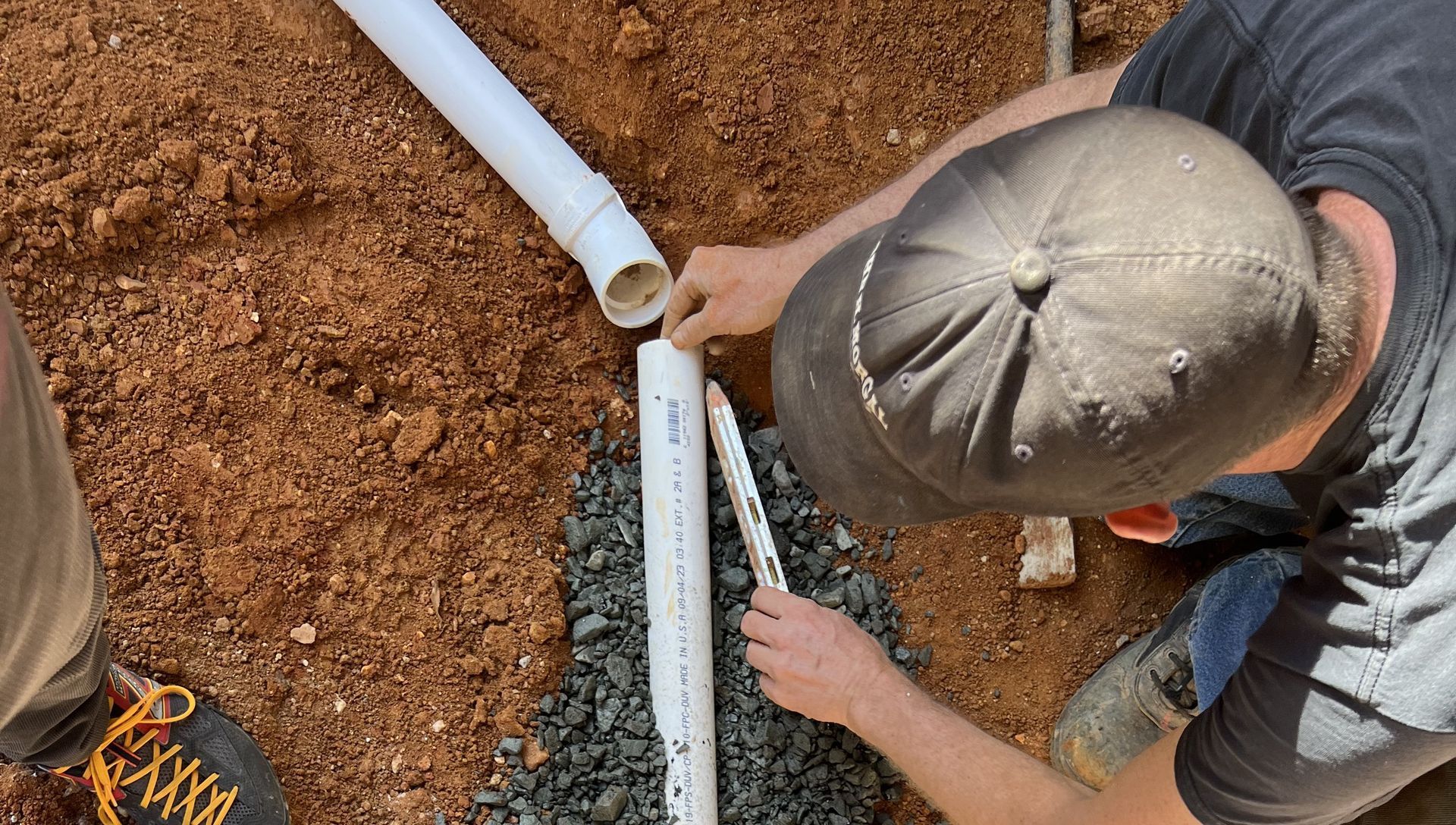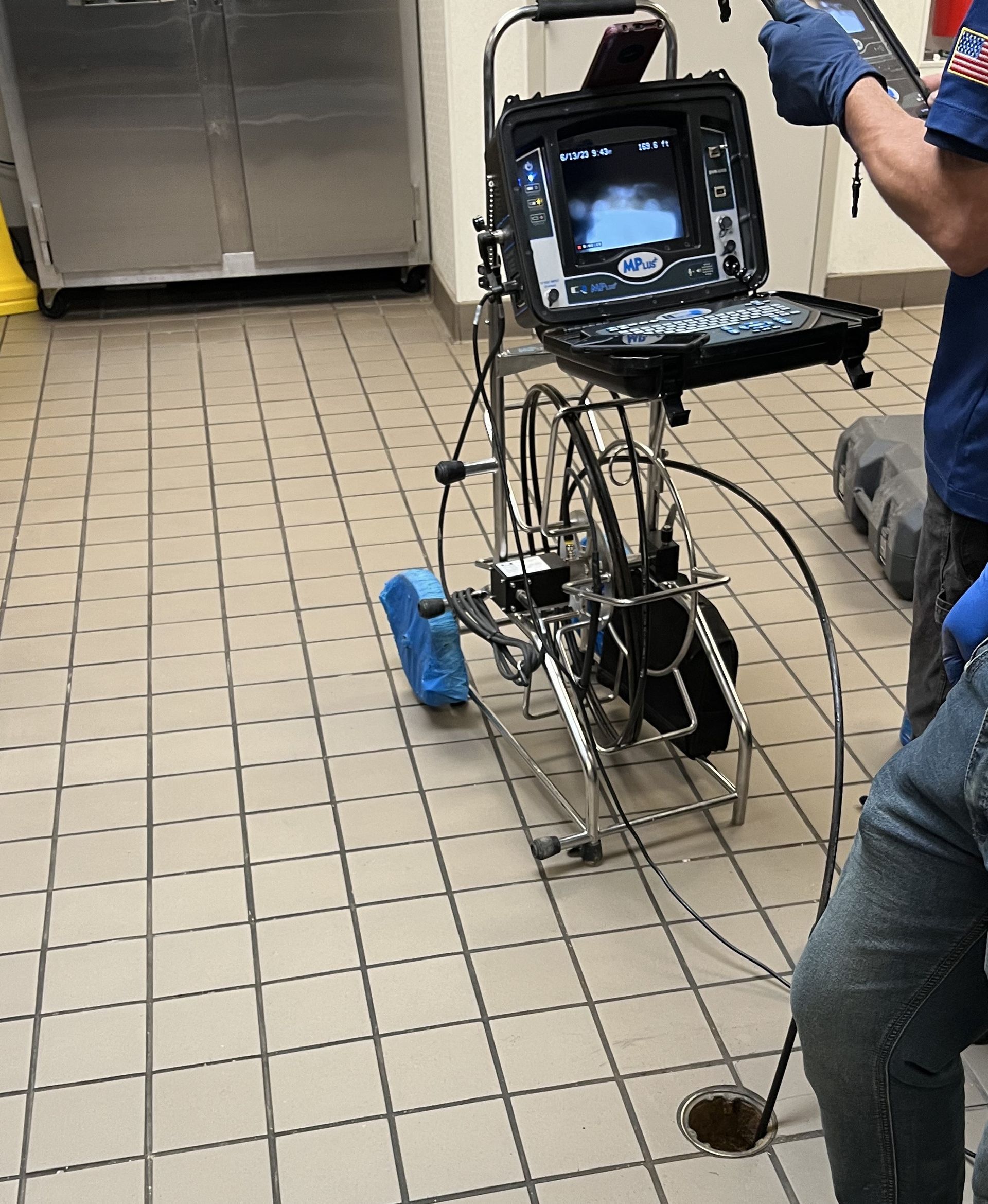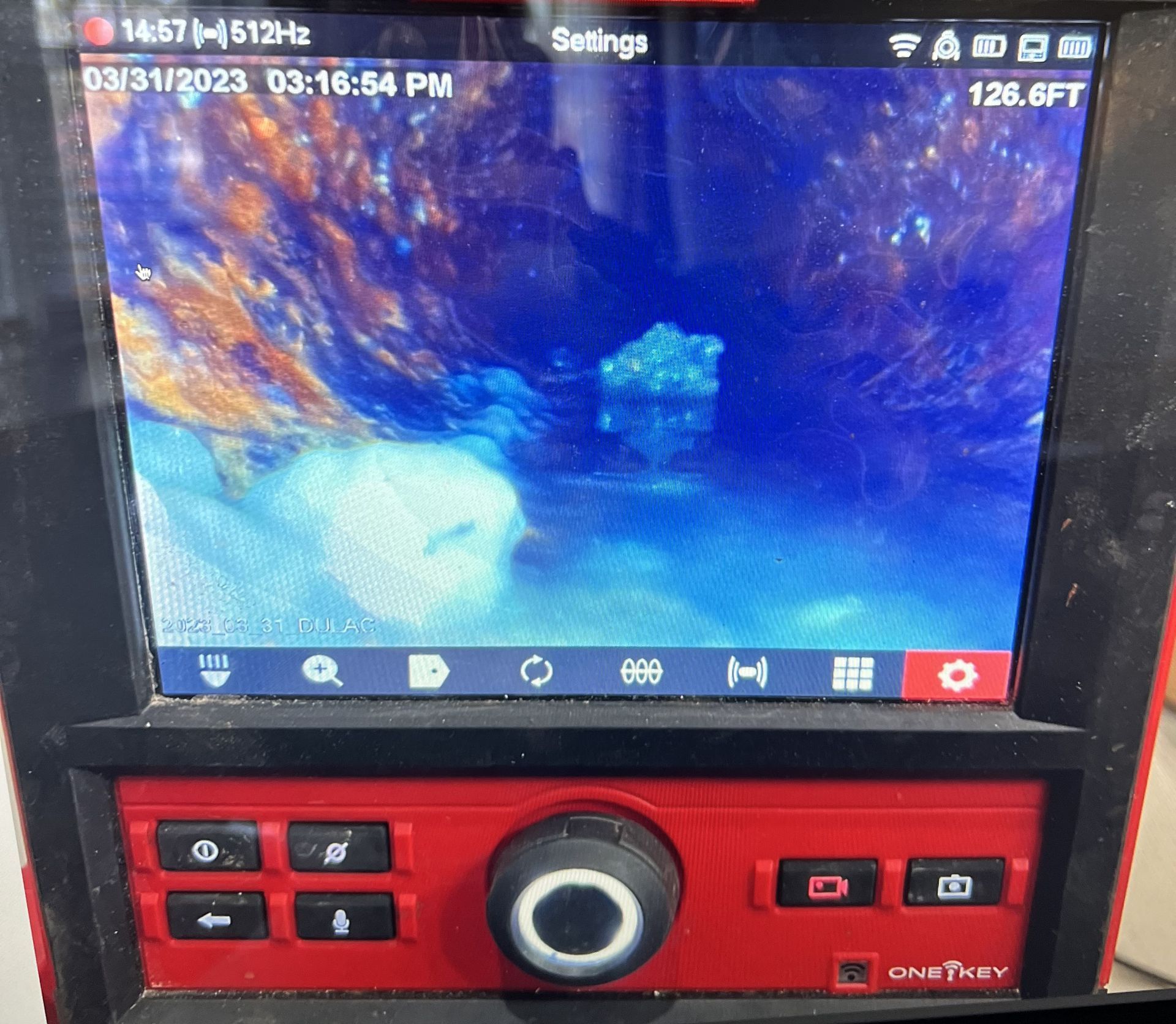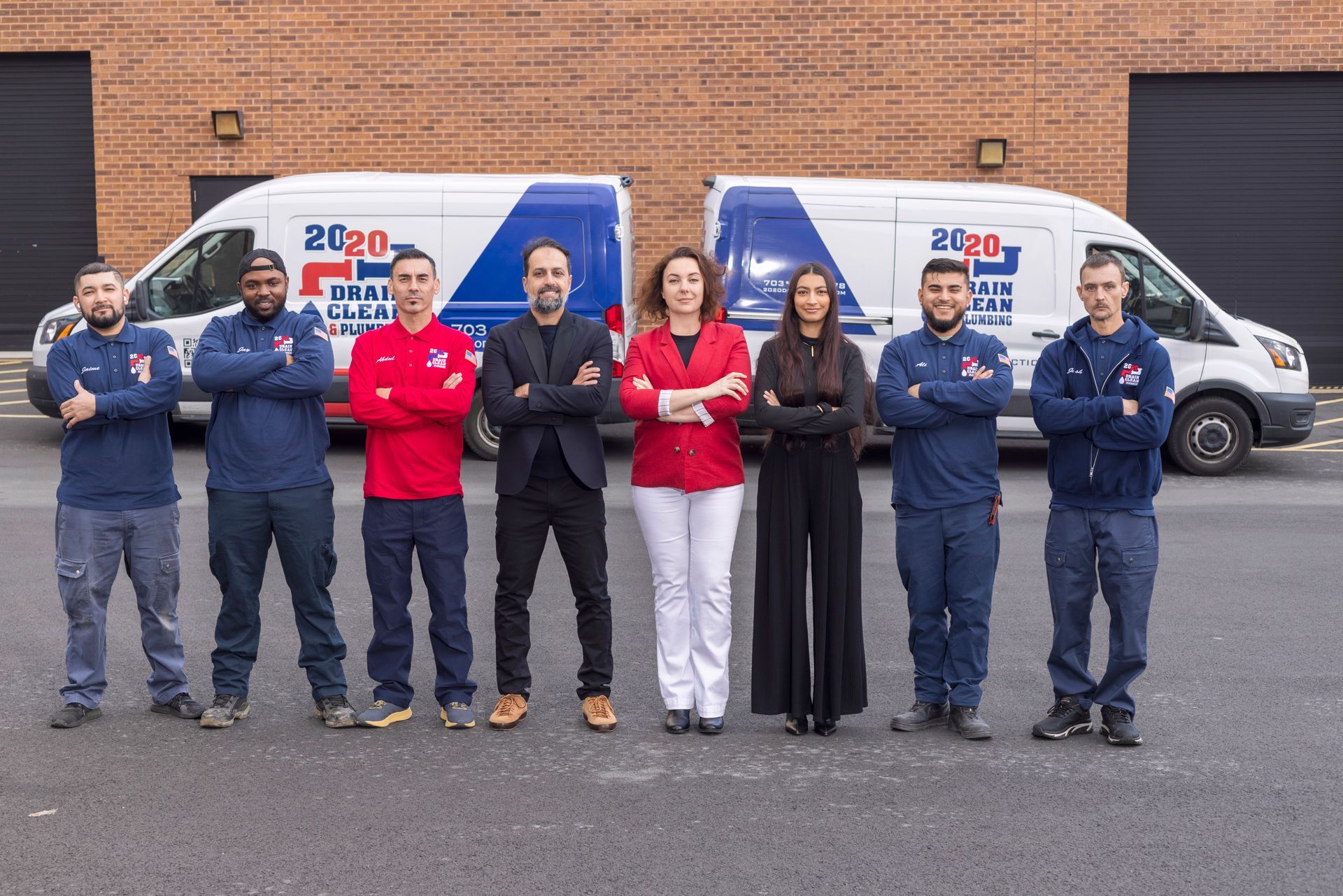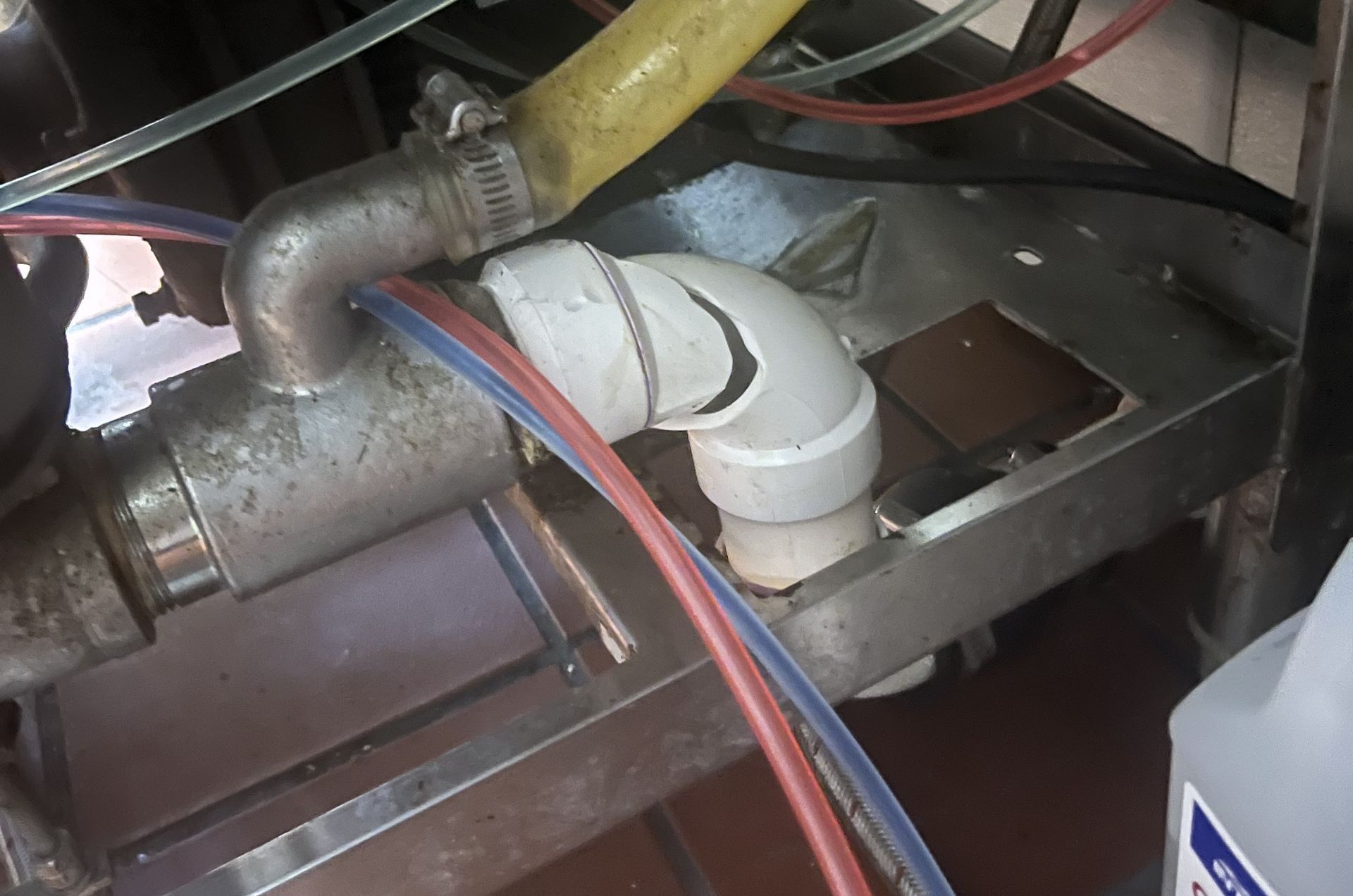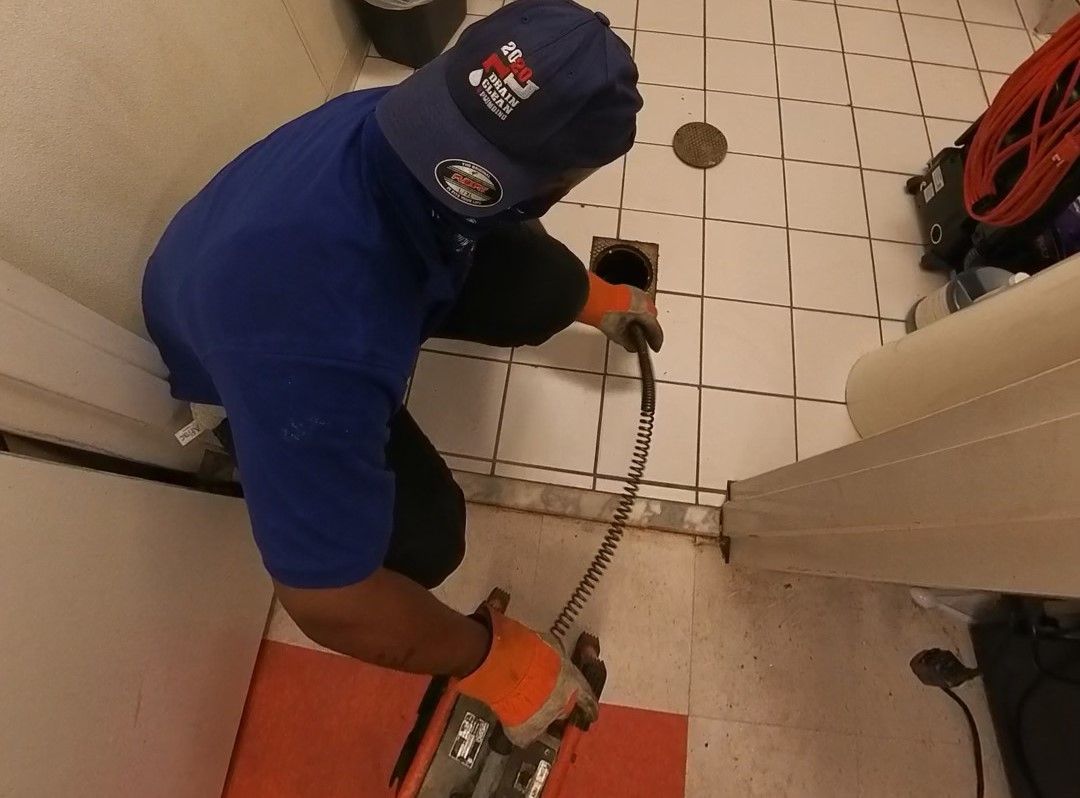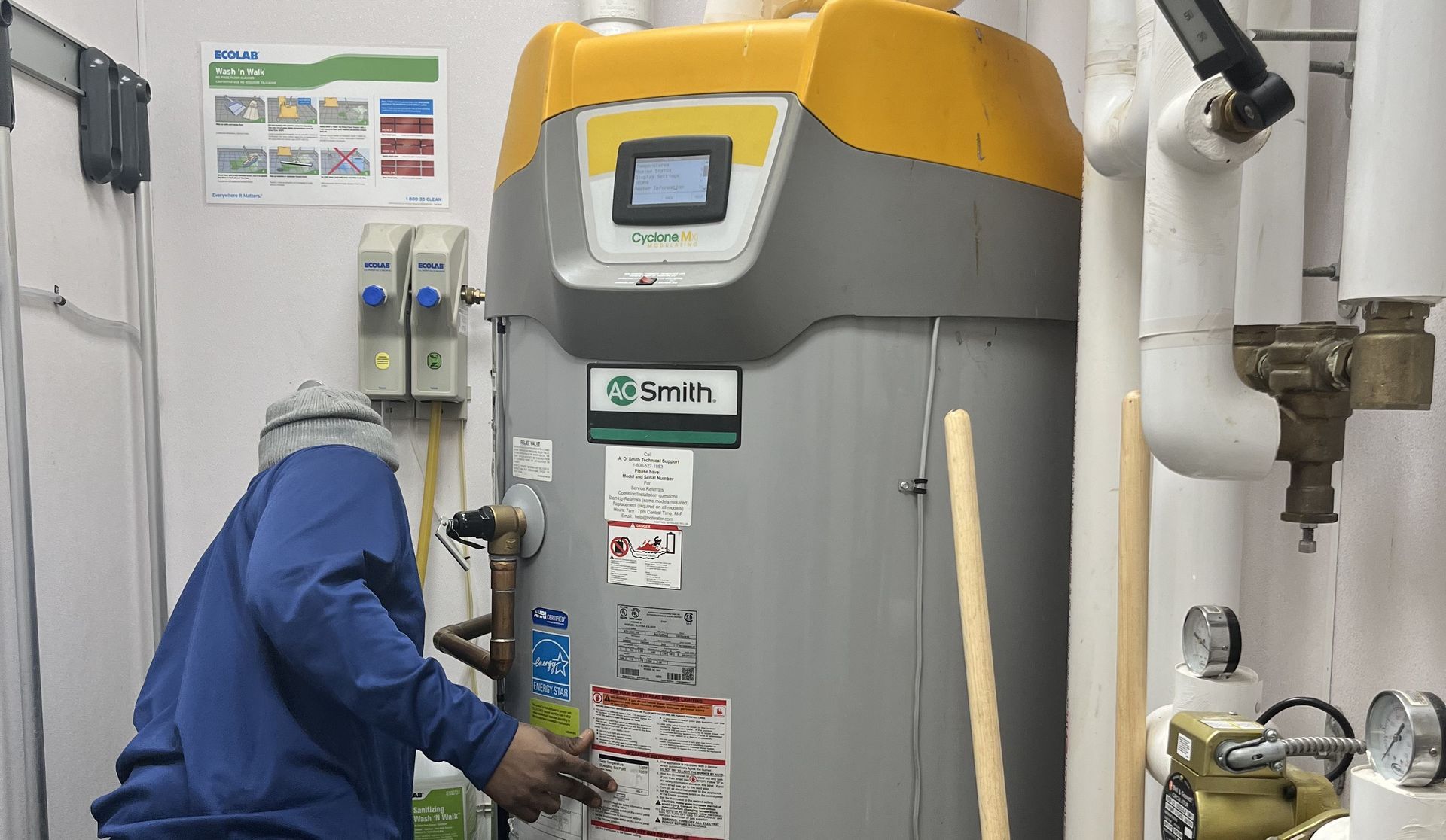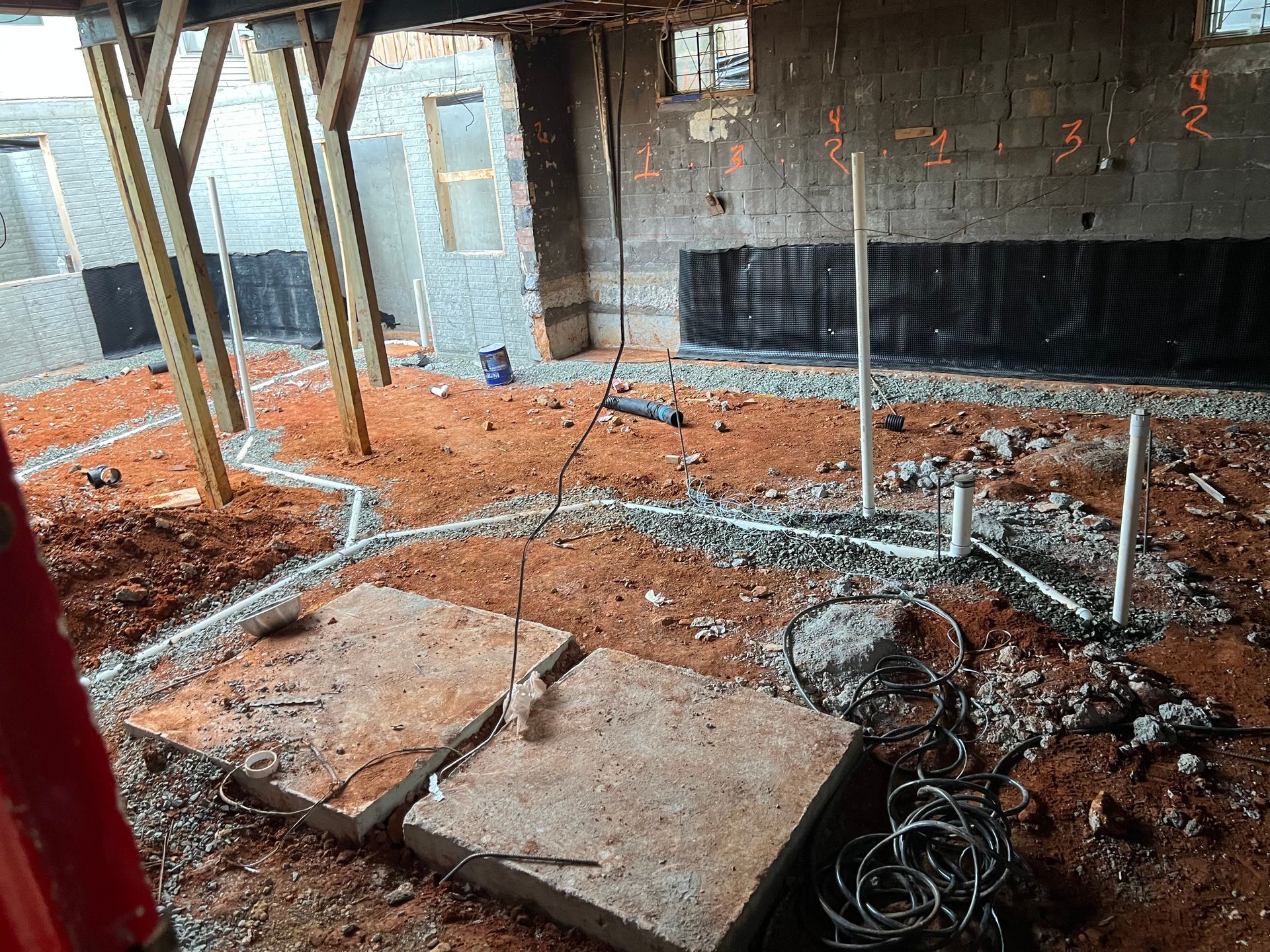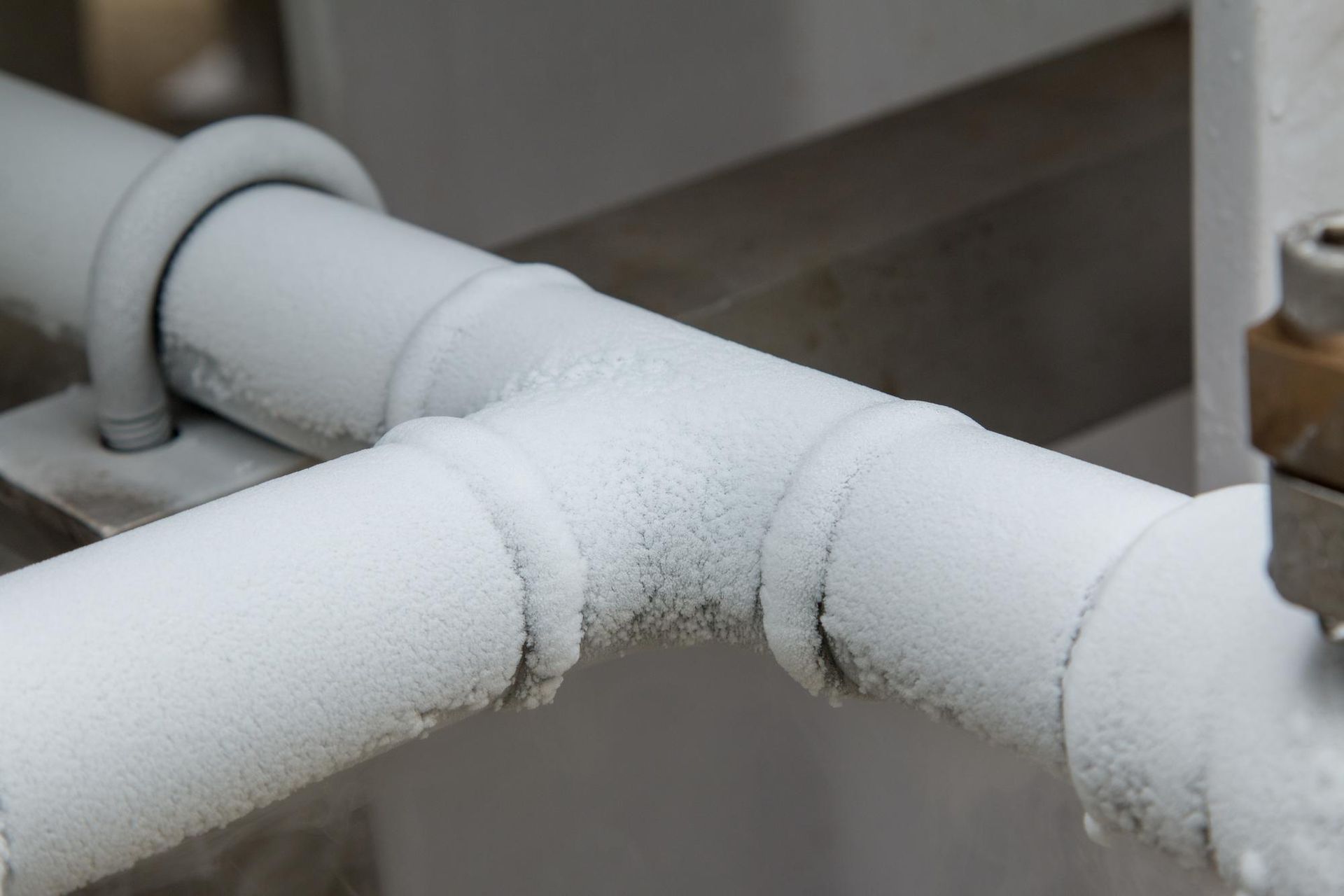Installing Gas Line 101: What Every Homeowner Must Know
Home improvement projects can be thrilling and transformative, and installing a gas line is no exception. It's a task that blends practicality with a touch of sophistication, enabling your home to power various appliances efficiently. Whether it's about enjoying the cozy warmth of a gas fireplace during winter or relishing the precision of cooking on a gas stove, understanding the process of installing a gas line is crucial for every homeowner. It's not just about enhancing the functionality of your home; it's also about ensuring safety and efficiency in its operation.
Understanding Gas Lines
When we talk about gas lines, we're referring to the system of pipes that transport natural gas or propane from its source to your home's various appliances. These lines are the unsung heroes behind many comforts of modern living, fueling everything from kitchen stoves to outdoor grills and heating systems. There are primarily two types of gas used in homes – natural gas, which is delivered through a municipal line, and propane, typically stored in a tank on your property. The materials used for these lines vary, with options like sturdy steel, durable copper, and flexible corrugated stainless steel. Each type of pipe has its specific application and suitability, depending on factors such as the distance of the run, the type of gas being used, and local building codes. Understanding the nuances of these materials is key to a successful installation.
Pre-Installation Considerations
Before embarking on the journey of installing a gas line, several critical factors must be taken into account. The first step is to determine the necessity of the installation. Perhaps you're upgrading your kitchen or adding a new gas-powered appliance. It's essential to assess whether your existing gas line system can handle the additional load or if a new line is required. Consulting with a professional at this stage can provide invaluable insights, ensuring that your plans align with safety norms and efficiency requirements.
Next comes understanding and complying with local regulations. Installing a gas line isn’t just a matter of technical know-how; it's also about adhering to the law. Most regions have specific codes and permits related to gas line installation to ensure safety. Skipping this step can lead to not only legal complications but also potential hazards.
Preparing for the installation involves choosing the right tools and materials, which can vary based on the type of gas line you’re installing and the specific requirements of your home. This preparation phase is also the time to map out the route of the new gas line. This isn't just about finding the shortest path; it involves considering the safety and functionality of the installation. Areas with high foot traffic, proximity to electrical wiring, and potential obstacles all play a part in deciding the route.
Planning and Preparation
The success of installing a gas line largely depends on thorough planning and preparation. This phase involves a detailed assessment of your home's layout and identifying the optimal path for the new gas line. Considerations like the distance from the gas source to the appliance, potential obstacles, and the need for additional fixtures are crucial. It's also the time to gather the necessary materials and tools. Choosing the right type of piping, such as flexible corrugated stainless steel for easier routing or traditional black iron for its durability, is fundamental. Additionally, securing all necessary fittings, valves, and joint compounds beforehand will streamline the installation process.
The Installation Process
The installation process is intricate and demands attention to detail. First, ensure that the main gas supply is turned off; this is a non-negotiable safety step. Begin by mapping out the exact route for the gas line, keeping in mind both efficiency and safety. When laying the pipes, it's vital to ensure that all connections are tight and secure. Use thread sealant on all threaded joints to prevent leaks. While bending and fitting the pipes, be mindful not to kink or damage them, as this can compromise the integrity of the gas line. Once everything is in place, it's important to install shut-off valves near each appliance for easy and safe maintenance.
Safety Checks and Testing
After installation, conducting comprehensive safety checks and testing is crucial. This involves inspecting each joint and connection for potential gas leaks. The most common method for leak detection is the soapy water test: applying a soap solution to each joint and watching for bubbles that indicate a leak. Additionally, conducting a pressure test can verify the integrity of the entire gas line. This involves pressurizing the system and monitoring for any drop in pressure that could suggest a leak. Ensuring that there are no leaks is not only crucial for the system's efficiency but, more importantly, for the safety of your home and family.
Post-Installation: Maintenance and Upkeep
The work doesn’t end once the gas line is installed. Regular maintenance and upkeep are essential to ensure the longevity and safety of your gas line. This includes periodic inspections for signs of wear and tear, especially in areas where the pipe is exposed or near connections and joints. Keeping an eye out for any changes in appliance performance can also indicate potential issues with the gas line. If you detect a gas smell or notice a significant change in gas appliance performance, it’s imperative to shut off the gas supply and call a professional immediately. Regular maintenance not only prolongs the life of your gas line but also ensures that it remains a safe and efficient part of your home.
When to Call a Professional
Installing a gas line is not just about following instructions or having the right tools; it's a task that often requires professional judgment and expertise, especially in certain situations. Knowing when to call in a professional is not just a matter of convenience but a critical safety consideration.
- Complex Installations: If the gas line installation involves complex layouts, such as extending lines to multiple rooms or installing multiple appliances, it's time to call a professional. These scenarios often require detailed planning and an understanding of gas dynamics to ensure proper flow and pressure throughout the system.
- Lack of Experience: If you're a DIY enthusiast but lack specific experience in gas line installation, it's prudent to consult a professional. Gas line installation is not a typical DIY project; it requires specialized knowledge and skills to ensure safe and efficient installation.
- Local Regulations and Permits: Navigating the maze of local regulations and permits can be daunting. Professionals are well-versed in these requirements and can ensure that your installation complies with all local codes and regulations. This compliance is not just a legal requirement but a safety assurance.
- Encountering Unexpected Issues: Sometimes, even with the best planning, unexpected issues can arise during installation, such as finding pre-existing pipes in unexpected locations or realizing the need for additional safety features. In such cases, a professional’s insight can be invaluable in devising a safe and effective solution.
- Safety Concerns: Gas line installation poses inherent risks, including gas leaks and potential fire hazards. Professionals have the training to handle these risks appropriately. They know how to test for leaks efficiently and ensure that every joint, turn, and connection in your new gas line is safe and secure.
- Inspection and Testing: After installation, having a professional inspect and test the gas line is crucial. They have the expertise to conduct thorough inspections and perform pressure tests, ensuring that the installation meets all safety standards.
- Peace of Mind: Beyond the technical aspects, hiring a professional offers peace of mind. Knowing that an expert has overseen the installation of your gas line can give you confidence in its safety and functionality.
While some aspects of gas line installation might seem straightforward, there are numerous scenarios where professional involvement becomes essential. Whether it’s due to the complexity of the task, safety considerations, or compliance with legal requirements, knowing when to seek professional help is key to a successful and safe gas line installation.
Legal and Insurance Considerations
Legal and insurance considerations play a pivotal role in the process of installing a gas line. Before beginning any work, it's crucial to understand and adhere to local building codes and regulations. These regulations are in place not only to ensure safe installation but also to maintain community standards. Homeowners should obtain the necessary permits required for gas line installation. This step is often overlooked but is essential for legal compliance and can impact insurance coverage.
Speaking of insurance, homeowners should be aware of how installing a
new gas line might affect their home insurance policy. It’s advisable to contact your insurance provider to inform them of the planned installation. Some insurance policies may require specific standards or professional installation for coverage to remain valid. Moreover, failing to notify your insurer about such significant changes to your property could result in future claims being denied, especially if they're related to the gas line.
Conclusion
Installing a gas line in your home is an intricate process that extends beyond mere technical execution. It involves a comprehensive understanding of the system, meticulous planning, adherence to safety protocols, and an awareness of legal and insurance implications. Whether you decide to undertake this task yourself or hire a professional, it’s important to approach the process with diligence and respect for the complexities involved.
The safety of your home and family is paramount when dealing with gas lines. Regular maintenance and an understanding of when to seek professional help can prevent potential hazards and ensure the efficient operation of your gas appliances. Furthermore, keeping abreast of legal requirements and staying informed about insurance implications are just as important to protect your home and interests.
At
2020 Drain Clean & Plumbing, we understand the intricacies of gas line installation and maintenance. Serving the Chantilly and Lorton, VA areas, we pride ourselves on providing top-notch services to ensure the safety and efficiency of your home’s gas system. Our team of experienced professionals is equipped to handle all your gas line needs, from installation to regular maintenance. For expert assistance, feel free to contact us at
(703) 677-0878. We’re here to ensure your gas line installation is performed safely and in compliance with all regulations.
Installing a gas line is a significant undertaking that requires careful consideration in various aspects. By following the guidelines and advice outlined in this article, homeowners can navigate the process more confidently, ensuring a safe and compliant installation. And remember, for reliable service in the Chantilly and Lorton, VA areas, 2020 Drain Clean & Plumbing is just a phone call away.
Search
Recent Posts
Service Areas:
Aldie, Alexandria, Ashburn, Arlington, Burke, Centerville, Chantilly, Dale City, Dulles, Dumfries, Fairfax, Falls Church, Gainesville, Great Falls, Herndon, Lake Ridge, Manassas, Mclean, Nokesville, Sterling, Springfield, Stafford, Tysons, Triangle, Woodbridge and more in Northern Virginia
Our Mission
2020 Drain Clean & Plumbing mission is to be the last Plumbing company you ever need to find!
All Rights Reserved | 20/20 Drain Clean & Plumbing, LLC

